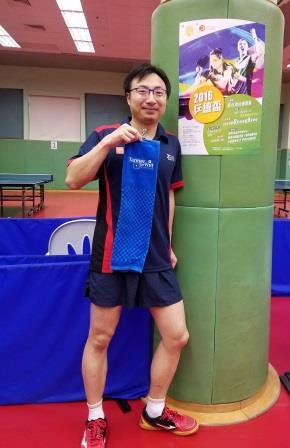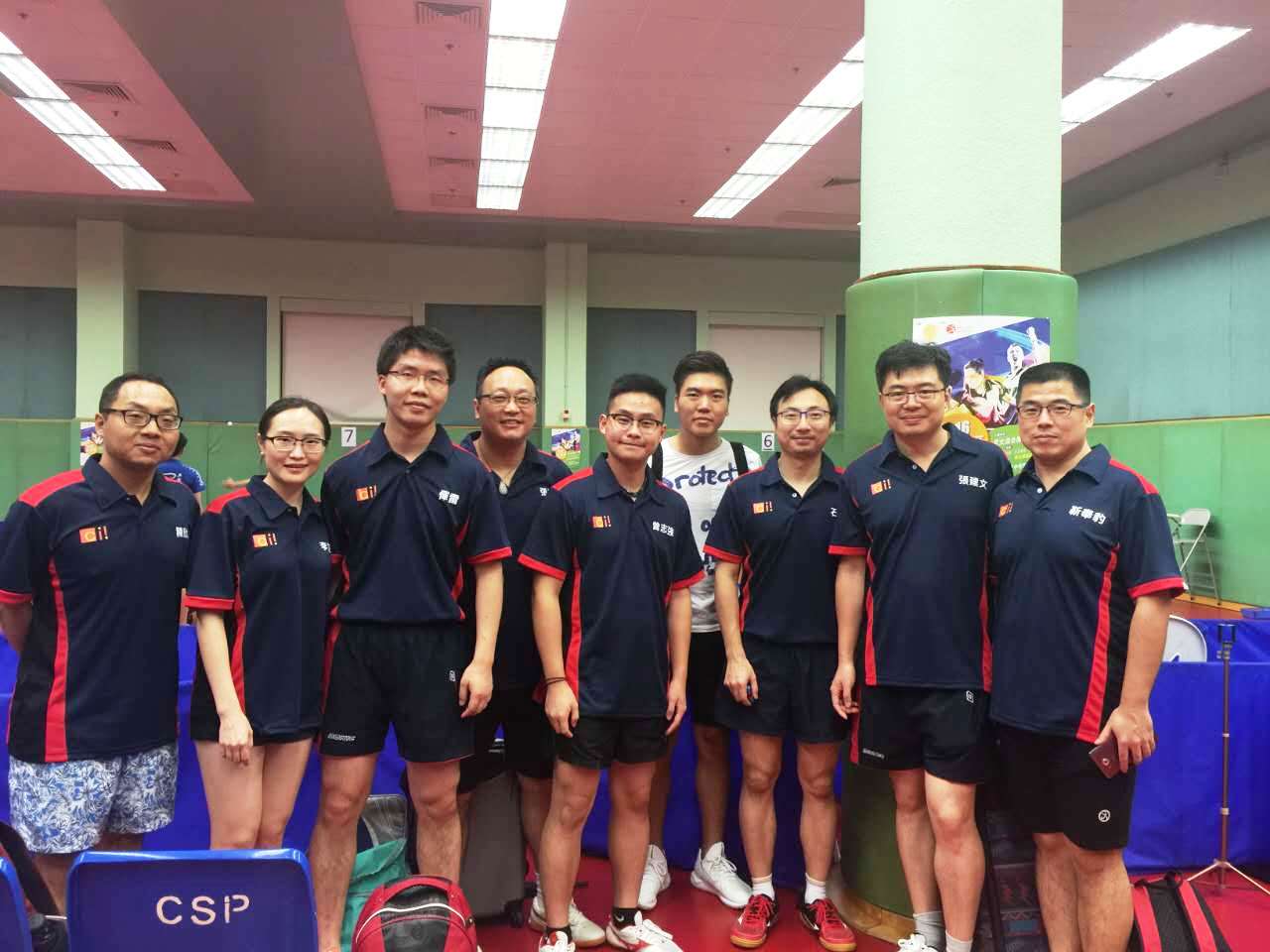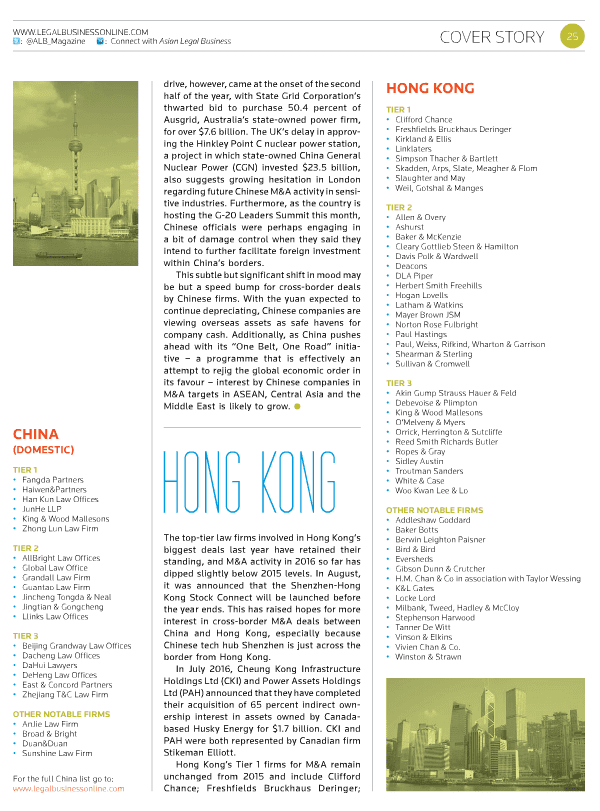In this stagnant economic climate, entrepreneurs are generally keen to structure their businesses in such a way as to limit the damage that a non-performing business unit may have on the rest of their operations. One of the ways in which this can be achieved is to set up a single purpose company for the purpose of establishing and operating a single business unit, so that if a non-performing group company should suffer any financial difficulty or become insolvent, the knock-on effects and spread of contagion to the other companies within the same group may be stemmed or, at the very least, minimised.
Our experience of the Hong Kong market has shown that single purpose companies are commonly used by operators in the F&B and retail sectors where high rents, fickle and fast-changing consumer tastes and a sluggish economic dynamic place great pressure on the bottom line. Single purpose companies also have the advantage of allowing a greater degree of flexibility in fundraising and enabling business operators to inject funds directly to where it is needed.
Notwithstanding the benefits of single purpose companies, it is important to be mindful of some of the potential pitfalls, particularly if you are a shareholder and/or a director of a number of single purpose companies in the context of a large or group business. In this connection, the recent ruling of the Court of Final Appeal (CFA) in Poon Ka Man Jason v Cheng Wai Tao sheds some light on the scope of a director’s duty to act in the best interests of the company and the “no conflict rule” (i.e. a director may not put himself in a position where his own interest and duties to the company conflict).
Poon Ka Man Jason v Cheng Wai Tao
The Background
The CFA ruling related to a long-running dispute between the business partners behind the Ajisen Ramen restaurant franchise in Hong Kong, namely the siblings Jason Poon and Daisy Poon on the one part, and Ricky Cheng on the other. Each Ajisen Ramen restaurant in Hong Kong was operated by a separate single purpose company within the Ajisen group, with each business partner holding a substantial stake in the various companies as a shareholder. The minority shareholders of the various single purpose companies varied however.
Riding on the success of the Ajisen group, Jason, Daisy and Ricky agreed (“2004 Agreement”) to establish a chain of sushi restaurants in Hong Kong under the “Itamae” brand and service marks developed by Ricky and to achieve this by replicating the Ajisen business model (i.e. having a separate corporate entity to hold one restaurant within the wider Itamae chain) for the new sushi chain. In 2004, the first Itamae sushi restaurant was opened by the company Smart Wave Limited, in which Jason, Daisy and Ricky each held a substantial shareholding. The remaining shares in Smart Wave were held by a number of minority shareholders. Ricky was the sole director of Smart Wave and it was agreed that Ricky would operate and manage the restaurant chain.
Between December 2004 and September 2006, 6 more Itamae restaurants had been opened by 6 separate single purpose companies, of which Ricky was the sole beneficial owner. A dispute therefore arose between Jason, Daisy and Ricky because (according to Jason’s and Daisy’s claim) Ricky had breached the 2004 Agreement by failing to allot (or procure the allotment or transfer of) any shares in those 6 single purpose companies to Jason and Daisy. There had also been some other disputes between the parties in relation to Ajisen Ramen business, the details of which are not necessary to delve into for the purposes of this article.
In September 2006, Jason, Daisy and Ricky settled their disputes in relation to, amongst other things, their respective shareholdings in the Itamae sushi restaurants. The compromise essentially involved the execution of a shareholders’ agreement (“Hero Elegant Agreement”) to regulate the shareholding and future operation and management of the Itamae sushi restaurants under the umbrella of a newly formed corporate holding entity named Hero Elegant Limited. The new corporate holding entity was to hold shares in subsidiaries (other than Smart Wave) and each subsidiary would operate a single Itamae sushi restaurant only. Under the Hero Elegant Agreement, the shares of Hero Elegant Limited were to be held as to 69% by Ricky and as to 31% by Jason’s and Daisy’s joint corporate vehicle Fine Elite Group Limited.
Notwithstanding the execution of Hero Elegant Agreement, Ricky continued to open further Itamae sushi restaurants using other corporate entities, which he controlled both as a sole shareholder and a sole director. To the ire of Jason and Daisy, he also opened some sushi restaurants under a different (but similarly named) brand “Itacho”. Hence, Fine Elite Group Limited sued Ricky for breach of the Hero Elegant Agreement.
In addition to the breach of contract claim brought by Fine Elite Group Limited, Jason commenced a separate derivative action on behalf of himself and all the other shareholders of Smart Wave (Ricky excluded). The crux of the shareholders’ claim was that Ricky had breached his fiduciary duties as sole director of Smart Wave in using the “Itamae” brand to operate new sushi restaurants under separate corporate entities.
The decision of the Court of First Instance (CFI)
On the facts and evidence, the CFI dismissed Fine Elite Group Limited’s breach of contract claim against Ricky. An essential feature of the Hero Elegant Agreement was that Ricky would grant to Hero Elegant Limited a licence to use the “Itamae” service marks owned by Ricky. The CFI found that when Fine Elite Group Limited had itself applied to register the service marks in Hong Kong (“Service Mark Application”) without Ricky’s knowledge in 2006, it had committed a repudiatory breach of the Hero Elegant Agreement, which, due to the acceptance of such breach by Ricky, had effectively brought the Hero Elegant Agreement to an end.
Further, the judge commented that even if she should be wrong on the point regarding repudiation and acceptance, Fine Elite Group Limited was not entitled to any discretionary or equitable relief (including specific performance) as the Service Mark Application had been made in bad faith and Fine Elite Group Limited did not come with “clean hands”.
The CFI also dismissed the derivative action on the basis that it had never been the intention of Smart Wave’s shareholders that Smart Wave would have the exclusive right to carry on the sushi restaurant business using the “Itamae” brand and service marks. On the contrary, the shareholders knew, intended and agreed that other companies would be set up to operate other Itamae sushi restaurants. Thus, it followed that Ricky could not be said to have breached his fiduciary duties by operating other Itamae sushi restaurants.
In relation to the establishment of the competing “Itacho” restaurants by Ricky, however, the CFI ruled in favour of Smart Wave and held that it was entitled to claim damages that it may have sustained until the closure of Smart Wave’s business in 2010. This was because the shareholders of Smart Wave had not consented to the operation of the sushi restaurants under the confusingly similar name of “Itacho”, and because Ricky owed a fiduciary duty to Smart Wave to act in its interests.
The decision of the Court of Appeal (CA)
Briefly, the CA reversed the CFI judgment and found that Ricky had breached his fiduciary duties as a director of Smart Wave by establishing and operating the sushi restaurants under both the “Itamae” and “Itacho” brands. In particular, the CA considered that by operating the competing Itacho restaurant business, Ricky had diverted business opportunities and profits away from Smart Wave for which he should be liable to account for all profits made until Smart Wave ceased its operations in 2010.
The CFA ruling
The main question at issue before the CFA was whether the no conflict rule applies to a director (i.e. Ricky) of a chain business where the agreed modus operandi was to have one company for one agreed restaurant operation. In particular, the CFA had to determine whether Ricky was entitled to establish and operate the other sushi restaurants, even though Smart Wave (as a single purpose company) could not itself (absent any contractual licence) have done so.
By a 3:2 majority, the CFA dismissed the appeal and held that Ricky was in breach of his fiduciary duties to Smart Wave. Whilst Smart Wave was a company of a limited nature due to its one-company-one-restaurant mode of operation, it had nevertheless been established that the expectation and agreement among Jason, Daisy and Ricky was that Smart Wave would be the first of a number of corporate vehicles, each operating one restaurant. The CFA found that such expectation or agreement was so closely interconnected that it could not be concluded that they had agreed to the restriction on Smart Wave on its own.
The majority in the CFA also found that there was no evidence on which it could be concluded that the minority shareholders had acquiesced in or agreed to any such restriction on Smart Wave. The court also commented that the shareholders “…may not have had any basis for an expectation that Smart Wave would operate other restaurants. However, that is not the same as acquiescing or agreeing to such a restriction.”
The CFA noted that one of Ricky’s defences in the original derivative action was that he had informed all the shareholders (including the minority shareholders) of Smart Wave that he “…is and remains at liberty to establish, engage in and operate further or other sushi business or sushi restaurants, solely or in association with other parties…”, but also that during the cross-examination at trial, Ricky had accepted that he had not communicated this to the other shareholders. In effect, Ricky had failed to obtain the consent of all of the shareholders to the breach of his fiduciary duty as a director.
How Tanner De Witt can help
If you are a shareholder of a group companies structured in the same or similar way as the Itamae group, we can assist you in drafting a comprehensive shareholders’ agreement with the necessary protections. For example:
- The shareholders’ agreement should clearly set out the shareholders’ expectations and agreement as to the shareholdings, operation and management of the group.
- Restrictive covenants and post-termination restrictions may also be used to limit the rights of the shareholders to establish and operate competing businesses.
If you hold multiple directorships (particularly in competing companies):
- you should be vigilant of your fiduciary duties to each of those companies;
- if you foresee any intended or potential breaches of your fiduciary duty, you should: (i) obtain the consent of all the shareholders (including minority shareholders) of all relevant companies and their consent should be documented in a formal agreement; or (ii) if this is not possible or feasible, then contemporaneous records should be kept (e.g. emails); and
- you may engage Tanner De Witt to review and negotiate the terms of your directors service contracts and incorporate the appropriate carve-outs to your restrictive covenants and post-termination restrictions.
Caroline De Souza
If you would like more information about the Payment Systems and Stored Value Facilities Ordinance or the licensing requirements and application procedure, please contact Eddie Look, Edmond Leung or Tim Drew.
Disclaimer: This publication is general in nature and is not intended to constitute legal advice. You should seek professional advice before taking any action in relation to the matters dealt with in this publication.
The post Shareholders’ disputes and directors’ fiduciary duties – lessons from Poon Ka Man Jason v Cheng Wai Tao [2016] HKEC 759 appeared first on Tanner De Witt Solicitors, Law Firm Hong Kong.

















